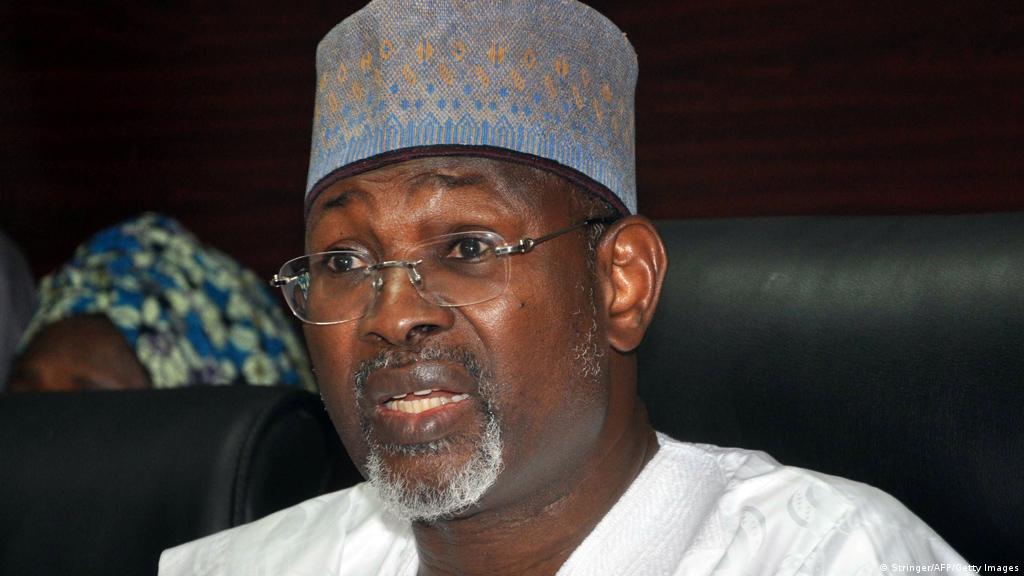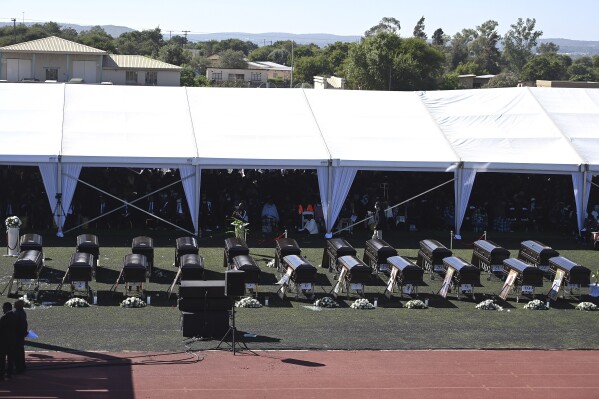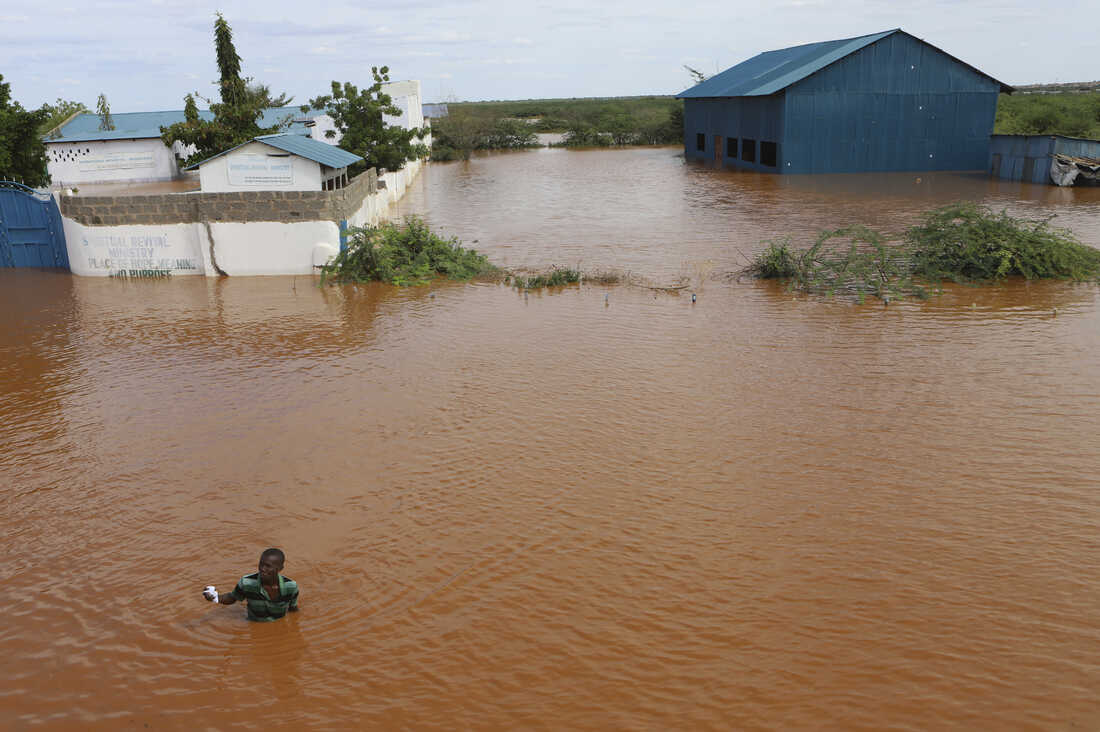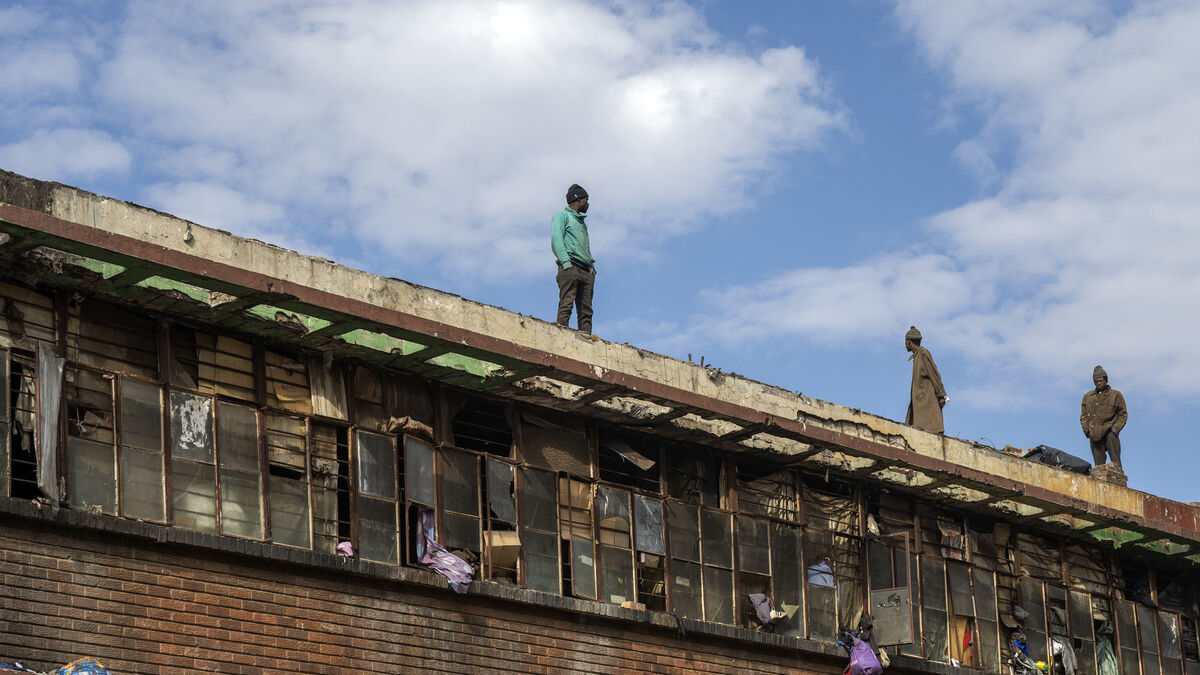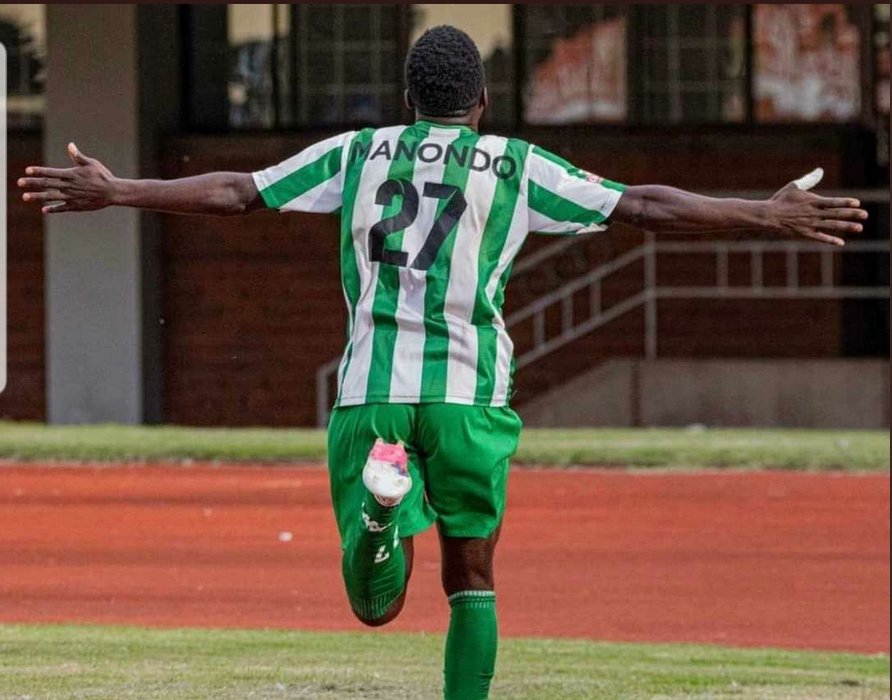HARARE – The Carter Center says Zimbabwean authorities are dragging their feet in accrediting 30 short-term election observers, despite an invitation to observe Wednesday’s general elections.
The Carter Center says the delay is an “unwarranted obstruction” by government officials, amid a barrage of “false and hostile comments about the Center” in state-run newspapers.
The not-for-profit organisation was founded in 1982 by former United States President Jimmy Carter.
“Despite the Zimbabwean government’s invitation to launch an election observation mission for the August 23 elections, 30 of the Carter Center’s 48 short-term observers still have not received accreditation from Zimbabwean authorities,” the Center said in a statement Tuesday.
It added: “The Carter Center has an international reputation for providing impartial, constructive election observation. This delay in accreditation is unprecedented in its 30-plus years of observing elections. It represents a severe and unwarranted obstruction to the Center’s mission, inconsistent with commonly recognized and respected norms and practices.
“The Center requests that accreditation for these observers be given today, August 22, so it can fulfill its mission to provide an impartial assessment of the election. Any further delay in accreditation will prevent the Center from deploying these observers and will hinder its ability to observe polling, counting, and tabulation in many locations.”
The Carter Center voiced concerns over hostile reporting by state media, warning “these attacks endanger Carter Center observers.”
“We urge Zimbabwean authorities to publicly reiterate its welcome of the Carter Center and ensure the safety of its observers and staff,” it said.
The Carter Center launched its mission to observe the upcoming Zimbabwean elections in late July following an invitation by the government, also extended to the regional SADC bloc, the European Union and the African Union among other bodies.
Attahiru Muhammadu Jega, the former chairman of the Independent National Electoral Commission of Nigeria, is leading the mission.
The Carter Center says on its website that it has observed more than 110 elections in 40 countries, including the United States, since 1989.
“It conducts its missions in accordance with the 2005 Declaration of Principles for International Election Observation, and its assessment and analysis of election are based on regional and international human rights obligations and standards for democratic elections, including the SADC Principles and Guidelines and the African Charter on Democracy, Elections and Governance,” it says.
The Zimbabwe government is wary of adverse reports on the election by foreign observer missions, particularly those from western countries. But it has also shown hostility to local critics, including rights lawyers, by denying them accreditation to observe the elections.
The Zimbabwe Electoral Commission, an independent constitutional body, told the Harare High Court this week that “there is a significant role for the executive in the accreditation of observers” – suggesting state security organs and officials of the ruling Zanu PF party hold sway on who is allowed to observe the elections.

